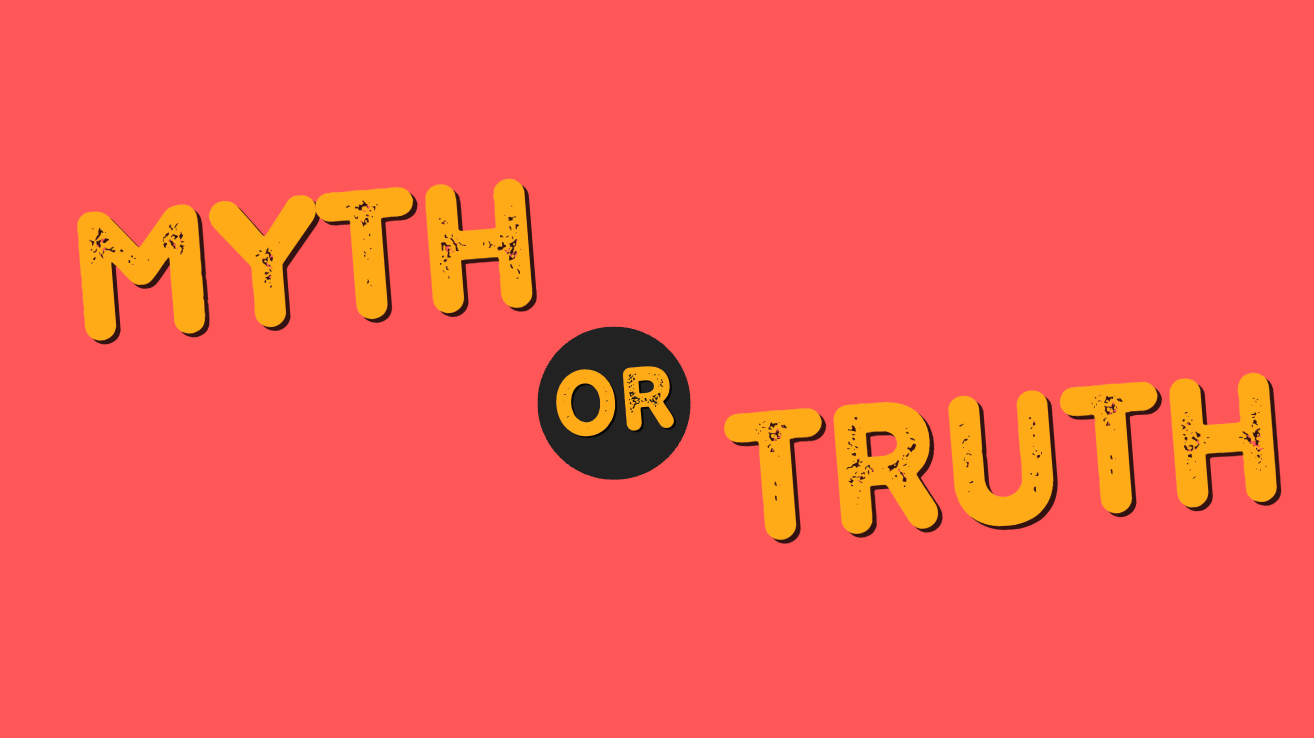
What you know about Short-Dated Food - Myths or Truths?
In a world where food waste is a growing concern, short-dated or near-expiry date foods have sparked debates and confusion. Should you consume that chocolate that’s just a few days past its date, or is it better to toss it into the trash? Let's explore some of the most common myths and truths behind short-dated food.
Guess if the statements below are “Truths” or “Myths” before scrolling down. Let’s see how many you get right!
#1 Food Storage is Critical to Shelf Life
#2 Expiry Dates are Accurate
#3 Short-Dated Food is Completely Safe until its Last Day
#4 All Short-Dated Food is Equally Risky
#5 Trust Your Senses Over the Printed Date
#6 All Short-Dated Food Is Bargain Material
Food Storage is Critical to Shelf Life
This is True!
The way you store food can significantly impact its shelf life. Keep items in a cool, dry place, away from direct sunlight and temperature fluctuations. Some products, like milk, should always be kept refrigerated. Following proper storage guidelines, you can safely extend the life of short-dated food. Without proper storage, food can go bad even before the mentioned expiry date. Click here to learn more about hacks to prolong the life of short-dated food!
Expiry Dates are Accurate
This is a Myth!
One common myth is that expiry dates are 100% accurate and food becomes instantly unsafe to eat once it reaches its expiry date. In reality, these dates are often conservative estimates by manufacturers. Most foods, especially non-perishables like canned goods or dry pasta, will remain safe to consume up till around their expiry date and maybe even beyond. However, items like fresh meat and dairy products might be riskier and may go bad even before the expiry date if not stored properly.
Short-Dated Food is Completely Safe Until Its Last Day
This is True!
As mentioned above, expiry and best-by dates are conservative estimates by manufacturers. They make sure the the product is at its best until the expiry or best-by date. They cannot afford to falter in this regard as they have their brand perception and consumer health at stake. So, short-dated food is safe until its last day if handled and stored properly. Check out 5 smart ways to save short-dated food here!
All Short-Dated Food Is Equally Risky
This is a Myth!
Short-dated food isn't a one-size-fits-all category. Perishable items, like seafood, may pose higher risks when they approach their expiry date. Conversely, dried goods and canned foods are often safe to consume for extended periods if stored correctly. So, it depends a lot on the type of food you're dealing with.
Trust Your Senses Over the Printed Date
This is True!
Your senses, particularly your sense of smell and taste, are your best allies when assessing food safety. If a short-dated product smells or tastes off, it's best to discard it. Mold, unusual texture, or visible spoilage are also clear signs to heed. So trust your senses over the printed date.
All Short-Dated Food Is Bargain Material
This is a Myth!
While short-dated food is often available at a discount, don't fall into the trap of buying more than you can consume. Wasting food, even if it was a bargain, defeats the purpose of reducing food waste. To see some amazing tips to shop smarter click here!
In conclusion, short-dated food items are not to be feared, but they do require some discernment. Don't blindly follow expiry dates; instead, trust your senses and consider the type of food and how it's been stored. When handled with care, short-dated foods can be both safe to consume and an excellent way to cut down on food waste. Make informed choices, and you might just discover some hidden treasures in the bargain bin of your local grocery store.
